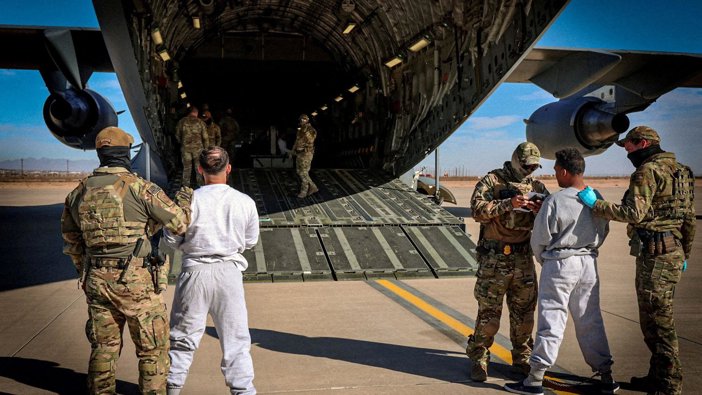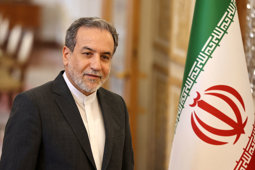
Judge Allows Trump’s Third-Country Deportations to South Sudan
Migrants’ request to halt deportation to South Sudan is denied as courts weigh constitutional arguments against Trump’s policy.
Federal Courts Clash Over High-Stakes Deportation Case
A federal judge in Massachusetts has denied a last-minute effort by eight migrants to block their deportation to South Sudan, marking a critical turn in the Trump administration’s third-country deportation strategy. The Justice Department reported the migrants were set to be flown to South Sudan late Friday, following a series of emergency legal appeals that unfolded on the July 4 holiday.
The eight men—originating from Cuba, Laos, Mexico, Burma, Sudan, and Vietnam—sought to halt their removal by arguing the transfer would violate constitutional protections against “cruel and unusual” punishment. Their lawyers contended that deporting them to South Sudan, a country facing security and humanitarian challenges, could place them at severe risk, especially since the group includes four individuals convicted of murder.
Following the Supreme Court’s clarification that Boston federal Judge Brian Murphy could not require the Department of Homeland Security to hold the men, the migrants filed fresh claims. Judge Murphy ultimately denied their appeal. In parallel, Judge Randolph Moss in Washington briefly paused the deportations to review the new filings but later deferred to the Boston court’s ruling.
Debate Over Constitutional and Diplomatic Implications
During Friday’s hearing, government attorneys argued that continued court-ordered delays in deportations could strain diplomatic relations, making it harder for the United States to negotiate future migrant transfers with third countries. The administration’s approach is part of a broader campaign to deter illegal immigration by sending migrants to nations other than their origin, under agreements negotiated by the Trump administration.
Judge Moss questioned the policy’s human rights implications, remarking, “It seems to me almost self-evident that the United States government cannot take human beings and send them to circumstances in which their physical well-being is at risk simply either to punish them or send a signal to others.”
The eight migrants, detained for six weeks at a military base in Djibouti before the court proceedings, remain at the center of an ongoing legal and ethical debate. As the Trump administration continues to pursue third-country deportations, courts nationwide are being called to weigh constitutional protections, U.S. obligations under international law, and the practical effects on both migrants and diplomatic partnerships.
While the latest decision allows deportations to proceed, the broader issue remains far from resolved. Future legal challenges and potential shifts in U.S. policy could further shape the fate of migrants facing transfer to countries where their safety is in question. The case highlights the enduring tension between executive authority, judicial oversight, and fundamental human rights in the American immigration system.






